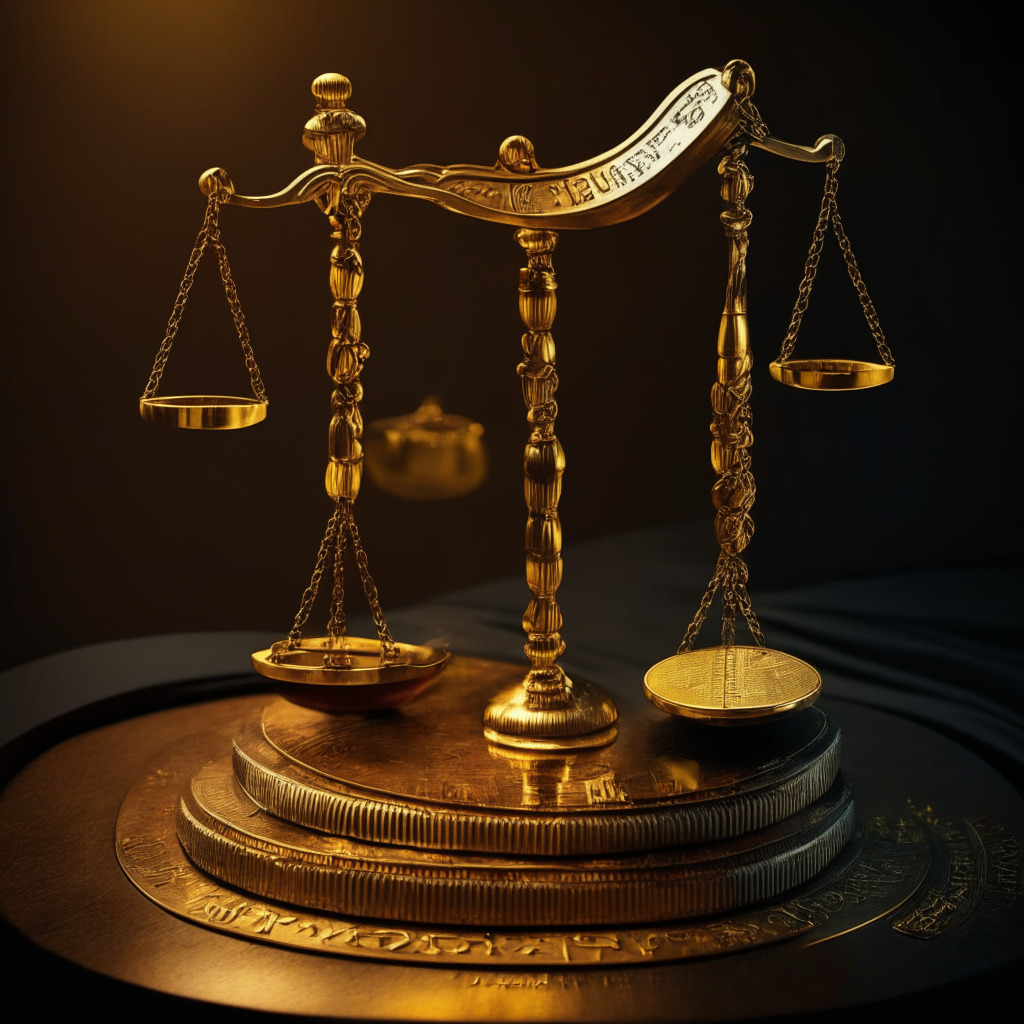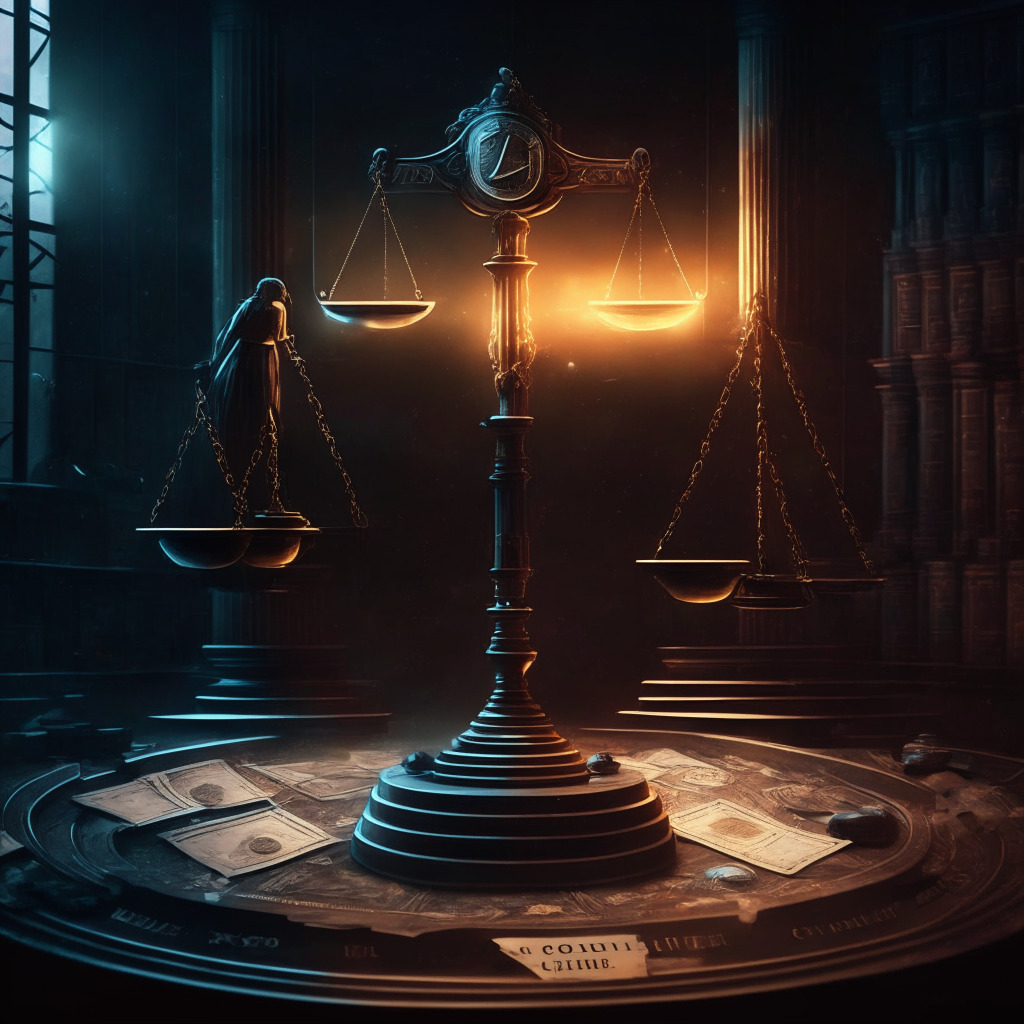Congress’ latest proposed crypto bill aims to address the “haphazard, schizophrenic” ways of regulators that have enforced actions on significant industry players, according to US Rep. French Hill. However, the planned framework is facing challenges in securing passage.
The Republican congressman from Arkansas explained that the adoption of crypto regulation is demanding and has received mixed reactions from fellow policymakers. Hill, as the vice-chair of the House Financial Services Committee and chair of the subcommittee on digital assets, financial technology, and inclusion, has previously noted that the “turf war” between the SEC and the CFTC over crypto is unhelpful and unsustainable.
Reps. Patrick McHenry, R-N.C., and Glenn Thompson, R-Penn. have introduced a Digital Asset Market Structure draft seeking to provide the CFTC jurisdiction over digital asset commodities under certain conditions around decentralization. It would also permit the SEC to make arguments for crypto assets deemed as securities. Additionally, crypto platforms could register with the SEC as an alternative trading system and with the CFTC as a digital commodity exchange.
Despite the bipartisan nature of the issue, not everyone is optimistic about the bill’s chances. Lee Bratcher, president of the Texas Blockchain Council, said at the DACFP Vision conference that there is insufficient political capital in the Senate to get the proposal passed. Julian Sevillano, a partner at McKinsey & Co., also echoed this sentiment, citing that the bill does not have Democratic sponsorship yet.
On the other hand, the proposed bill is working towards resolving token classification issues that arose after SEC Chair Gary Gensler did not provide a clear answer on whether ether was a security or a commodity. Hill accuses Gensler of being “a bit of an impediment” and feels the market structure bill would address most of the problems surrounding the matter. Further, the SEC claimed Coinbase was operating as an unregistered exchange and that Binance was engaged in the unlawful sale of securities.
As the landscape of cryptocurrency regulations continues to develop, industry leaders, policymakers, and institutional experts gather to discuss recent challenges and future prospects. Although the proposed crypto bill aims to address several concerns within the digital asset market, its successful passage remains uncertain in the current political arena. However, the bipartisan nature of the issue offers a glimmer of hope for eventual progress in clarifying regulatory expectations.
Source: Blockworks




